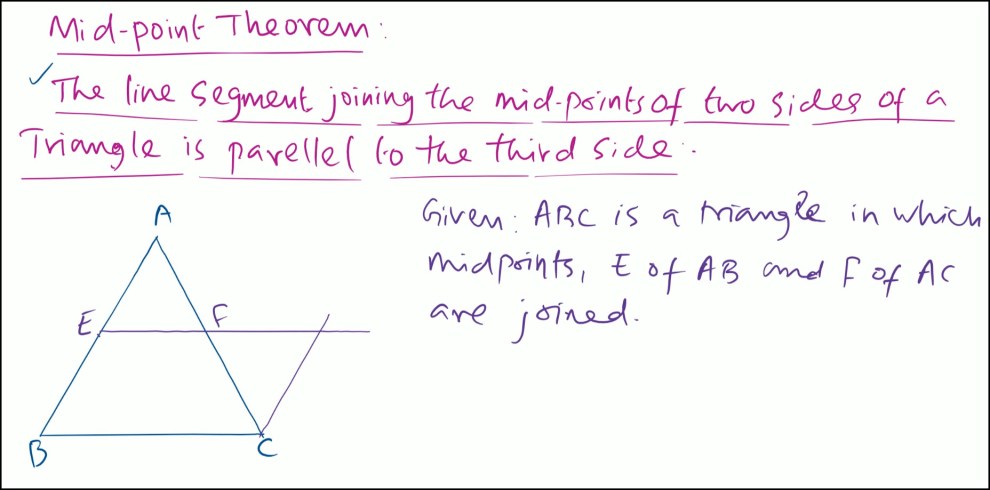
Sure, I guess. But who cares?
Everything seems to be pretty calm in the political world these days, so let’s switch gears momentarily and talk instead about math education. According to the Wall Street Journal, Steven Levitt (of Freakonomics fame) is now the one-billionth person to propose that we change the high school math curriculum to include more “useful” subjects:
Dr. Levitt’s proposal is simple: Condense three years of high-school math—typically Algebra I in ninth grade, Geometry in 10th grade and Algebra II in junior year—to two years. Then, devote the freed up time to more relevant learning, such as data science or financial literacy.
I have a better idea: just get rid of plane geometry completely. It is entirely useless both on its own and as a steppingstone to further studies in math, which are almost all based on algebra and analytic geometry.
But Kevin! Geometry is where we lean about axioms and proofs. Those are critical to understanding how math works.
No, they aren’t. But if you really want everyone to learn about the foundations of math, then make it a one-month unit in Algebra II or something. You can use plane geometry as an example, or you can use arithmetic, which is probably a better bet. Or you can just skip it, since foundations is a fairly advanced subject that’s of no real use for anything at the high school or undergrad level.¹ As for proofs, those are already covered in a semi-intuitive way in Algebra I, and that’s plenty. Students will get plenty of proof workouts later on.
This would have the added benefit of making Algebra I and Algebra II into consecutive courses, instead of giving students a full year to forget Algebra I before they take up their study of more advanced subjects. A condensed unit on trigonometry, which is semi-useful, could be folded into Algebra II, taking the place of worthless topics like synthetic division. This can be followed by either calculus or data science, depending on your druthers.
Anyway, down with geometry! Who’s with me?
¹I say this as someone with a considerable fondness for the foundations of math. Why else would I have a cat named Hilbert?

















